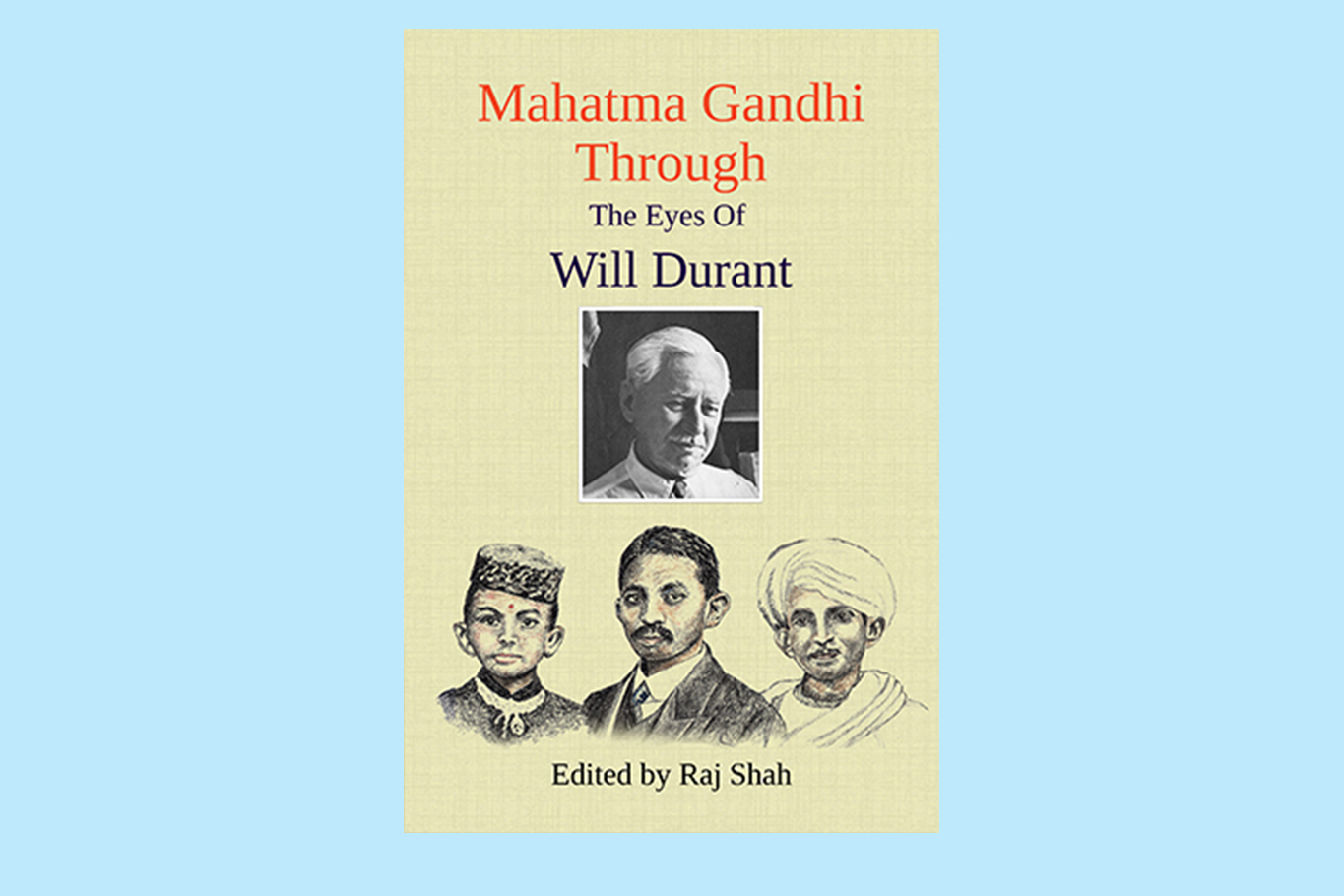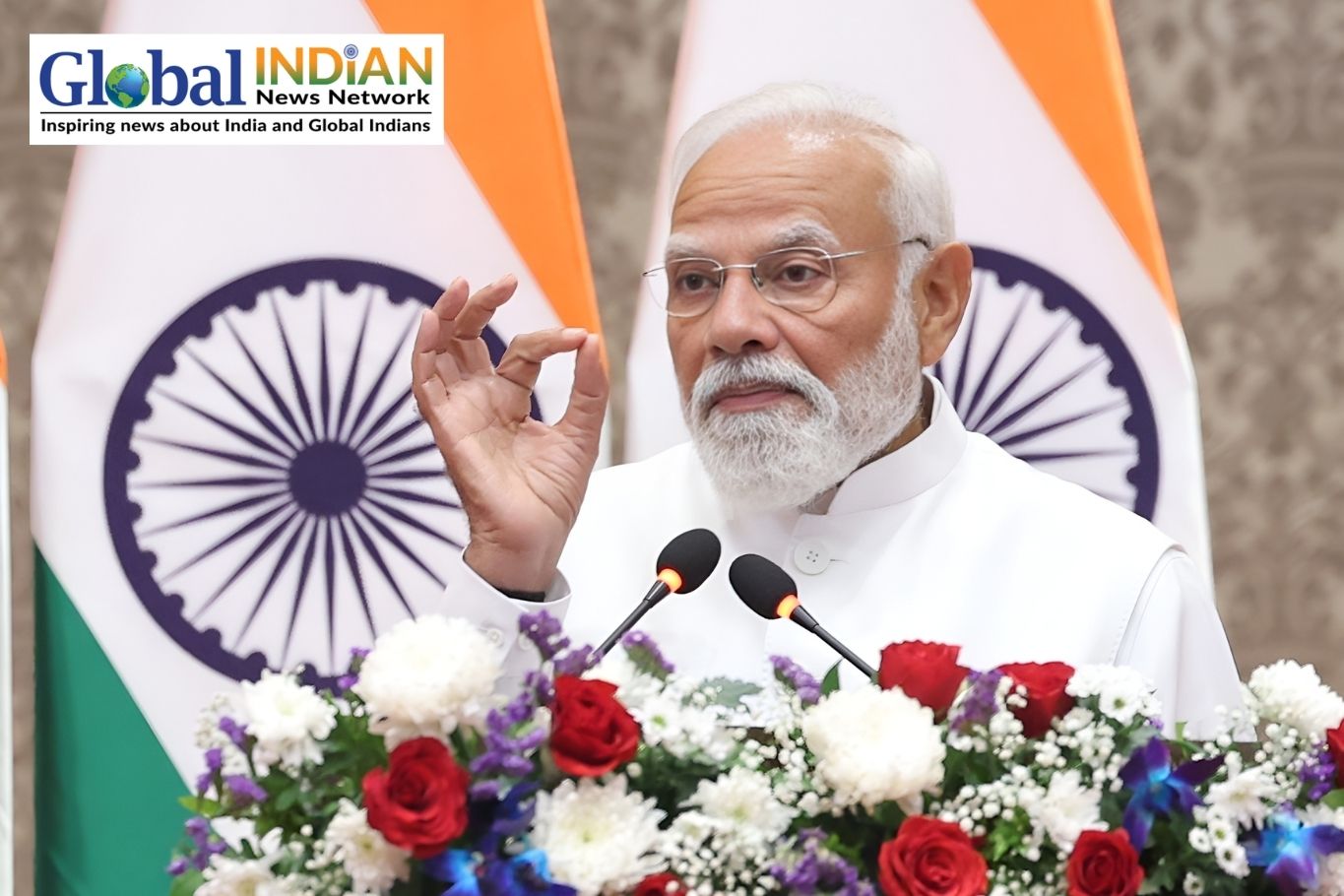 William James Durant (November 5, 1885 – November 7, 1981) was an American writer, historian, and philosopher. He became best known for his work The Story of Civilization, 11 volumes written in collaboration with his wife, Ariel Durant, and published between 1935 and 1975. He was earlier noted for The Story of Philosophy (1926), described as “a groundbreaking work that helped to popularize philosophy”.
William James Durant (November 5, 1885 – November 7, 1981) was an American writer, historian, and philosopher. He became best known for his work The Story of Civilization, 11 volumes written in collaboration with his wife, Ariel Durant, and published between 1935 and 1975. He was earlier noted for The Story of Philosophy (1926), described as “a groundbreaking work that helped to popularize philosophy”.
He conceived of philosophy as total perspective or seeing things sub specie totius (i.e. “from the perspective of the whole”)—a phrase inspired by Spinoza’s sub specie aeternitatis, roughly meaning “from the perspective of the eternal”.He sought to unify and humanize the great body of historical knowledge, which had grown voluminous and become fragmented into esoteric specialties, and to vitalize it for contemporary application.
The Durants were awarded the Pulitzer Prize for General Nonfiction in 1968 and the Presidential Medal of Freedom in 1977.
In 1930, he visited India in order to collect data for The Story of Civilization. He was so taken aback by the devastating poverty and the starvation which he saw, conditions which were entirely caused by the British Imperial policy in India, that he took time off from his stated goal and concentrated on writing his short book “The Case for India” about Britain’s ‘conscious and deliberate bleeding of India’.He wrote about medieval India in the aforementioned book, “The British conquest of India was the invasion and destruction of a high civilization by a trading company (the British East India Company) utterly without scruple or principle, careless of art and greedy of gain, over-running with fire and sword a country temporarily disordered and helpless, bribing and murdering, annexing and stealing, and beginning that career of illegal and ‘legal’ plunder which has now (1930) gone on ruthlessly for one hundred and seventy-three years.”









